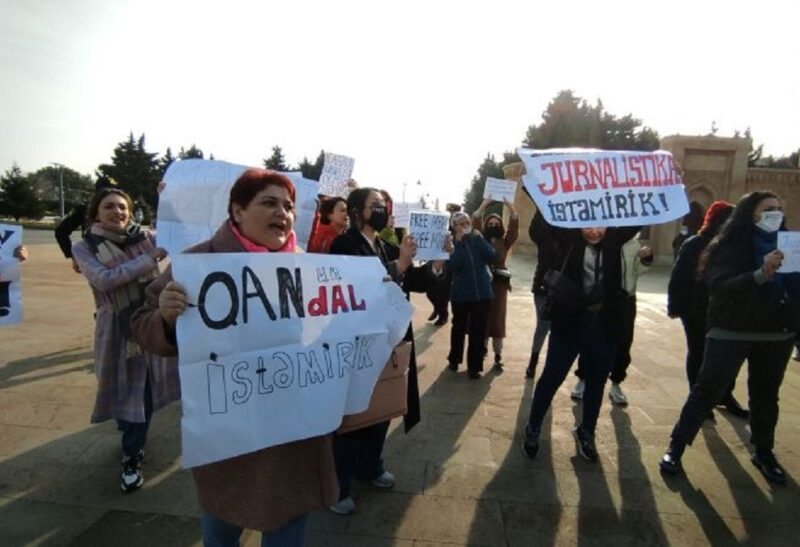After nearly two years of negotiations, this week saw
a historic deal
to lift the sanctions imposed on Iran over its uranium enrichment program. The geopolitical and economic repercussions will be widespread and long-lasting, and for Azerbaijan at least, will require a thorough redrafting of foreign policy.
The most immediate concern is the opening of Iran’s
massive oil and gas reserves
to foreign markets. The price of oil dropped as soon as news of the deal leaked, as
Iranian oil
is expected to eventually flood what is currently a buyer’s market. Iran will need about five years to build the modern infrastructure necessary to become a major gas exporter – meaning that it will reach European markets around
the same time
as Azerbaijan’s Shah Deniz gas through the
$11 billion
Trans-Anatolian Natural Gas Pipeline (TANAP).
As its oil reserves have dwindled – it is now accounts for
less than 1.5 percent
of world oil production – Azerbaijan has worked to portray its gas reserves as a vital (and often sole) counterweight to Europe’s dependence on Russian gas. But the imminent entry of competitors such as American, Israel, Iraq, Cyprus, and now Iran into the European market means this argument has never found serious support abroad. As Meydan TV’s
Natiq Cafarli wrote
:
Azerbaijan’s gas resources are important for Europe for one reason: while Russia dictates prices, having an alternative resource is helping Europe to gain an advantage in the negotiations. But both Europe and Russia know very well that Azerbaijan’s relatively small gas reserves won’t change much.
Analysts expect Europe to
consume
564bcm of natural gas a year by 2020. The most favorable estimates say that Azerbaijan will be able to provide 16bcm, or about 3 percent of the market. Its closest competitors in terms of scale, Israel and Cyprus, will be able to provide at least twice as much.
Perhaps incidentally, President Ilham Aliyev chose the day of the announcement of the Iran deal to
lash out at his foreign critics
in language usually reserved for his more hardline lieutenants. Speaking of the German Bundestag, Aliyev said, “there is distance in our relations, and we don’t want anything from them. On the contrary they are in need of our gas, contracts, oil and our activity in this region.”
In fact,
some analysts are
ask
ing
whether Europe has any need for Azerbaijani oil and gas at all. Mainstream American think tanks are pushing for
a reevaluation
of America’s relations with Azerbaijan.
Although Azerbaijan will likely reap
significant transit fees
from Iranian gas on its way to Europe, it will hardly match the capital inflows that came with Azerbaijan’s mid-2000’s oil boom. The assumptions that have driven Azerbaijani foreign policy for more than a decade are no longer viable. However, the growing influence of paranoid
hardline
rs
in Aliyev’s inner circle and the continued
intolerance of dissent
indicate that a constructive reorientation of foreign policy is unlikely anytime soon.



